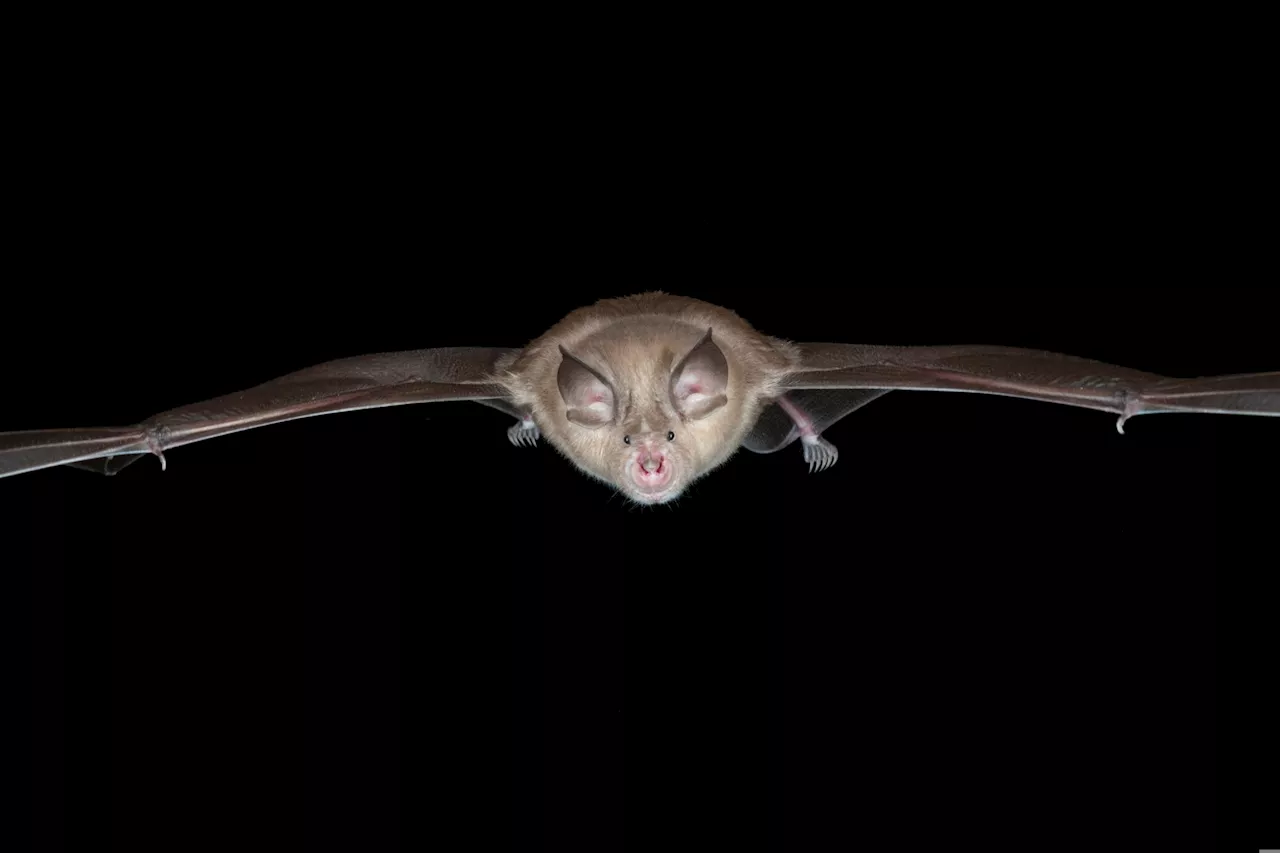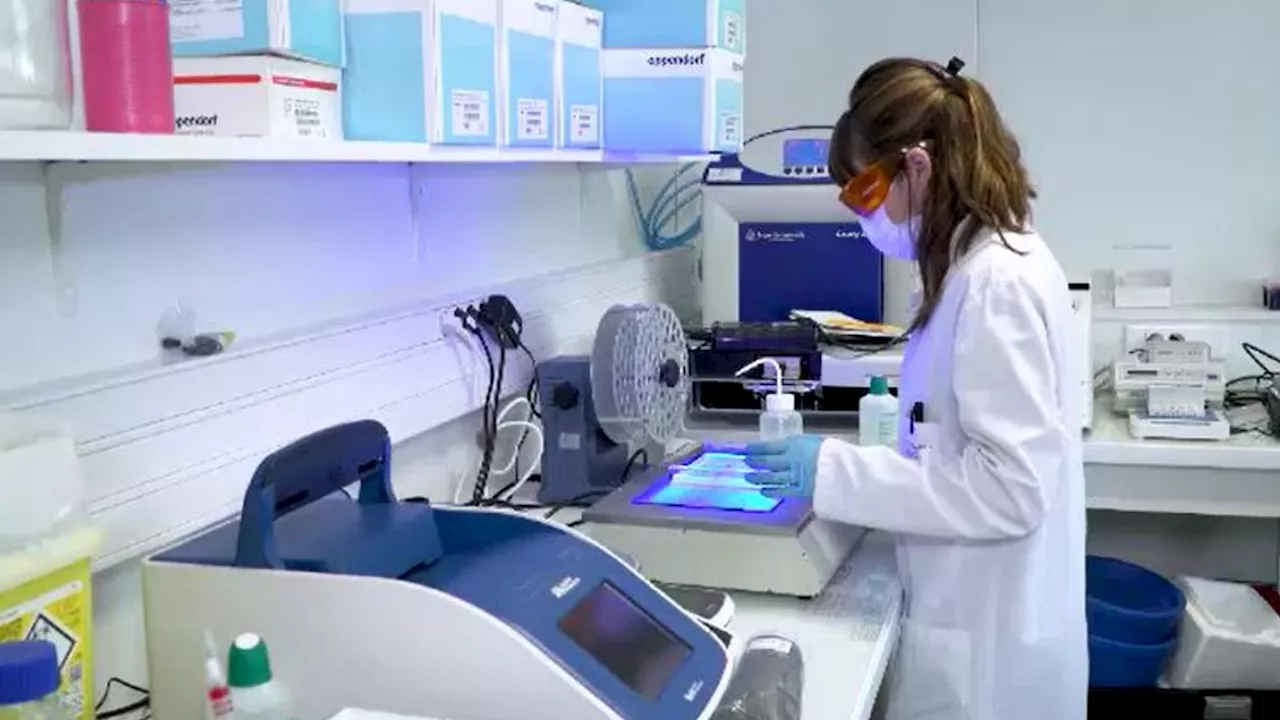A groundbreaking global study, dubbed Rosalind, aims to decipher the secrets behind why some cancer patients defy the odds and live significantly longer than expected. By analyzing biological data from over 1,000 'super survivors,' scientists hope to identify key factors contributing to their exceptional response to treatment.
Doctors have launched the first global study to investigate why some cancer patients defy the odds and live considerably longer than anticipated. Numerous cancer specialists have anecdotal accounts of patients who have overcome even the most aggressive forms of cancer, even after being given only months to live.
The Rosalind study aims to gather a large number of 'super survivors,' enabling scientists to search for clues explaining their exceptional response to treatment while others succumb to the disease. Previously, doctors might have attributed stark differences in survival rates to mere chance. However, Dr. Thankamma Ajithkumar, leading the UK arm of the study at Cambridge University Hospitals NHS Trust, emphasizes the pursuit of a more scientific explanation. 'This marks the first time anyone has attempted to answer this question: why does a select group of individuals fare exceptionally well after these devastating cancers?' he stated in an interview with Sky News. 'We'll have a considerably larger database to confidently assert that this is what's contributing to your longevity.' The study will focus on some of the most aggressive forms of cancer: extensive-stage small cell lung cancer, glioblastoma (brain cancer), and metastatic pancreatic ductal adenocarcinoma. These cancers carry a grim prognosis, with only 3% to 5% of patients surviving five years after diagnosis. Katherine Webster is one such 'super survivor' who will be participating in the study. She was diagnosed with stage four glioblastoma after experiencing a seizure on a train. Scans revealed a tumor in her brain measuring approximately 8cm in diameter. Despite this dire diagnosis, she underwent surgery followed by radiotherapy and chemotherapy, and all signs of cancer subsequently vanished. Her most recent scan, conducted in December, showed only a small, fluid-filled space in the left side of her brain. 'I never believed I was going to die,' she recounted. 'I simply remember waking up after the surgery and declaring, 'I'm going to fight this.' Maintaining a positive mental attitude has been incredibly crucial for me.' Katherine regularly engages in rowing near her residence in Cambridge. Aside from occasional fatigue and a slight tremor in her hand, she is in good health. 'What truly resonated with me was the study's approach,' she shared. 'It examines the positive effects, why you survive rather than why you become ill, which is the prevailing default in studies these days. It aligns perfectly with my perspective on the disease.' The study will involve scientists from over 40 countries, including eight cancer centers in the UK. They will analyze detailed biological information from more than 1,000 patients and their tumors, comparing genetic mutations, proteins, and other factors that may influence their response to treatment. 'We hope to unravel the fundamental biological mechanisms responsible for these survivors' resilience,' Dr. Ajithkumar explained. 'And secondly, we might identify several targets for future drug development.' The study is being spearheaded by French biotech startup Cure51, with financial support from the venture capital firm Sofinnova. Nicolas Wolikow, Cure51's co-founder, expressed the ambition to 'eradicate cancer' within 20 years. 'The project's overarching goal is to eliminate cancer,' he stated in an interview with Sky News. 'If we can decipher these biological mechanisms possessed by these survivors and replicate them for the majority of patients, I believe we can achieve this.' Individuals classified as 'super survivors' who are interested in participating in the UK arm of the study can obtain more information at https://www.cuh.nhs.uk/news/trust-backs-international-cancer-study-aided-by-super-survivors/
CANCER SURVIVORS STUDY RESEARCH TREATMENT GENETICS BIOLOGICAL MECHANISMS ROBUST HEALTH LONG-TERM SURVIVAL
United Kingdom Latest News, United Kingdom Headlines
Similar News:You can also read news stories similar to this one that we have collected from other news sources.
 Pringles Launches Mystery Flavor Inspired by Super MarioPringles has introduced a new limited-edition mystery flavor as part of a nostalgic campaign with Nintendo's Super Mario game. The flavor is a secret, and shoppers are trying to guess what it is. Meanwhile, Doritos has been experimenting with a new square shape for its tortilla chips, a potential major change for the iconic brand.
Pringles Launches Mystery Flavor Inspired by Super MarioPringles has introduced a new limited-edition mystery flavor as part of a nostalgic campaign with Nintendo's Super Mario game. The flavor is a secret, and shoppers are trying to guess what it is. Meanwhile, Doritos has been experimenting with a new square shape for its tortilla chips, a potential major change for the iconic brand.
Read more »
 Bat Coronaviruses: Unraveling Origins and Pandemic RisksA new study published in Nature Communications reveals crucial insights into the evolution, transmission, and diversity of bat coronaviruses in China. Researchers identified hotspots of evolutionary diversity and traced the origins of SARS-CoV-2, highlighting the significant role bats play in the emergence of zoonotic diseases.
Bat Coronaviruses: Unraveling Origins and Pandemic RisksA new study published in Nature Communications reveals crucial insights into the evolution, transmission, and diversity of bat coronaviruses in China. Researchers identified hotspots of evolutionary diversity and traced the origins of SARS-CoV-2, highlighting the significant role bats play in the emergence of zoonotic diseases.
Read more »
 The Silent Truth: Unraveling the Messy Reality of Makjang DramaThis Korean drama delves into the complexities of selective mutism and a web of shocking events. When a seemingly mute woman suddenly starts speaking, her marriage unravels, revealing a dark past and leading to a whirlwind of kidnappings, murder, and political intrigue.
The Silent Truth: Unraveling the Messy Reality of Makjang DramaThis Korean drama delves into the complexities of selective mutism and a web of shocking events. When a seemingly mute woman suddenly starts speaking, her marriage unravels, revealing a dark past and leading to a whirlwind of kidnappings, murder, and political intrigue.
Read more »
 UCLA Neuroscientist Dr. Carrie Bearden: Unraveling the Mysteries of Psychosis Risk in YouthDr. Carrie E. Bearden talks about her research on psychosis risk in young people, her unique approach combining high-risk cohorts and genetic studies, and the exciting implications for personalized medicine and sleep as a treatment target.
UCLA Neuroscientist Dr. Carrie Bearden: Unraveling the Mysteries of Psychosis Risk in YouthDr. Carrie E. Bearden talks about her research on psychosis risk in young people, her unique approach combining high-risk cohorts and genetic studies, and the exciting implications for personalized medicine and sleep as a treatment target.
Read more »
 Unraveling the molecular mechanisms of disease-causing mutationsMost mutations which cause disease by swapping one amino acid out for another do so by making the protein less stable, according to a massive study of human protein variants published today in the journal Nature. Unstable proteins are more likely to misfold and degrade, causing them to stop working or accumulate in harmful amounts inside cells.
Unraveling the molecular mechanisms of disease-causing mutationsMost mutations which cause disease by swapping one amino acid out for another do so by making the protein less stable, according to a massive study of human protein variants published today in the journal Nature. Unstable proteins are more likely to misfold and degrade, causing them to stop working or accumulate in harmful amounts inside cells.
Read more »
 Unraveling the push-pull mechanism of neuron migrationThe journey of a thousand miles begins with a single step, but for developing neurons, this first step relies on collaboration from multiple signaling pathways.
Unraveling the push-pull mechanism of neuron migrationThe journey of a thousand miles begins with a single step, but for developing neurons, this first step relies on collaboration from multiple signaling pathways.
Read more »
